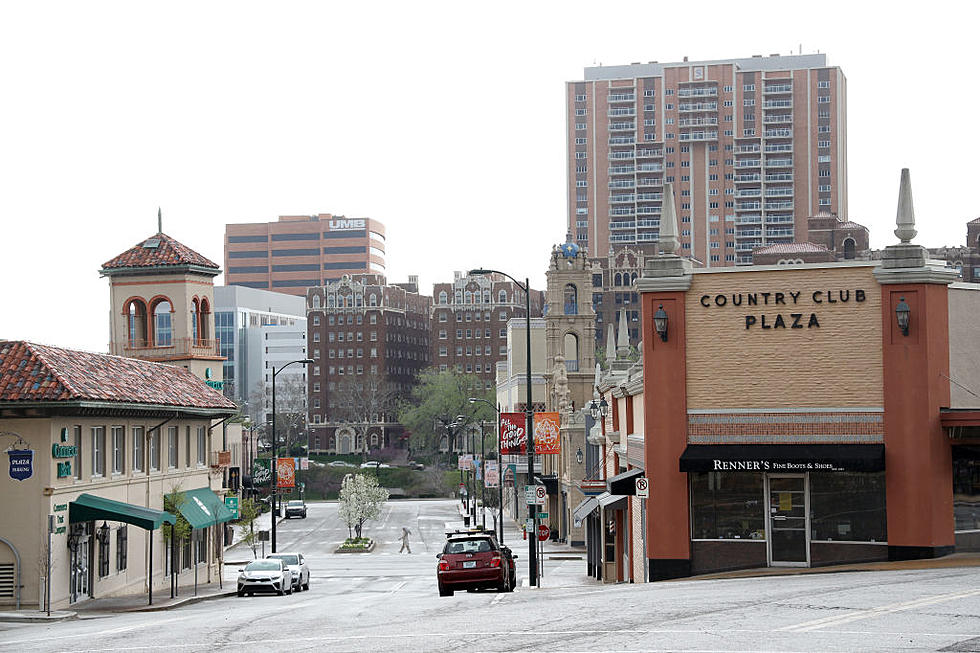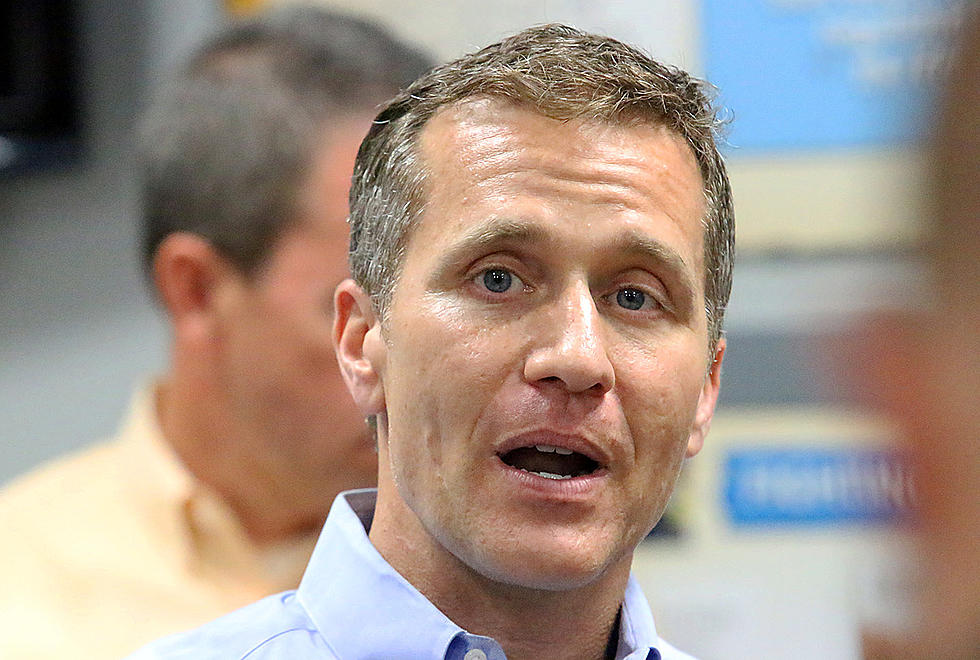
Truman State Making Night Skies Friendlier for Star Gazing
Truman State University students and faculty might notice more stars in the sky when they return to campus this fall.
KWMU-FM reports that after four years of research on how artificial light brightens the night sky, scientists are planning to change lighting on the campus in Kirksville in north-central Missouri to direct light away from the sky.
Light pollution prevents people from seeing stars and galaxies and can disrupt sleep patterns.
NASA satellite imagery shows light pollution worldwide has increased over time, and scientists say it could get worse.
“In really dark skies, you can see the Andromeda Galaxy with your naked eye, and I doubt in any of the cities or even small towns now you can see that at all,” said Vayujeet Gokhale, a physics professor at Truman State.
Gokhale recently presented his research on light pollution at the 234th annual meeting of the American Astronomical Society in St. Louis.
Researchers have measured sky brightness with meters installed in various locations in the Kirksville area. They’ve also analyzed weather data collected at the university’s observatory to discover that cloud cover can greatly affect brightness in the sky.
Truman State gave Gokhale a $10,000 grant to install shields on 60 outdoor light fixtures to redirect light to the ground and away from the sky. The campus also will replace blue and white bulbs with bulbs that emit warmer colors, like yellow and red.
Many studies have shown that artificial lighting has altered behaviors for many animals, such as causing birds to sing earlier in the morning.
Gokhale hopes to reduce light pollution across Missouri. He is also working with the newly formed Missouri chapter of the International Dark-Sky Association to measure light pollution in St. Louis, Columbia, Kansas City and other urban areas.
Astro-tourism, in which visitors seek out dark areas for star gazing, has grown, and Missouri could benefit from that if the state reduces light pollution, said Don Ficken, who runs Missouri’s International Dark-Sky Association chapter.
Ficken plans to create a list of state parks that are dark-sky friendly.
“Human beings have evolved and grown up with these (night skies) for millennia,” Gokhale said. “And we owe it to ourselves, and we certainly owe it to future generations, that they should not be deprived of that beauty.”
More From AM 1050 KSIS









